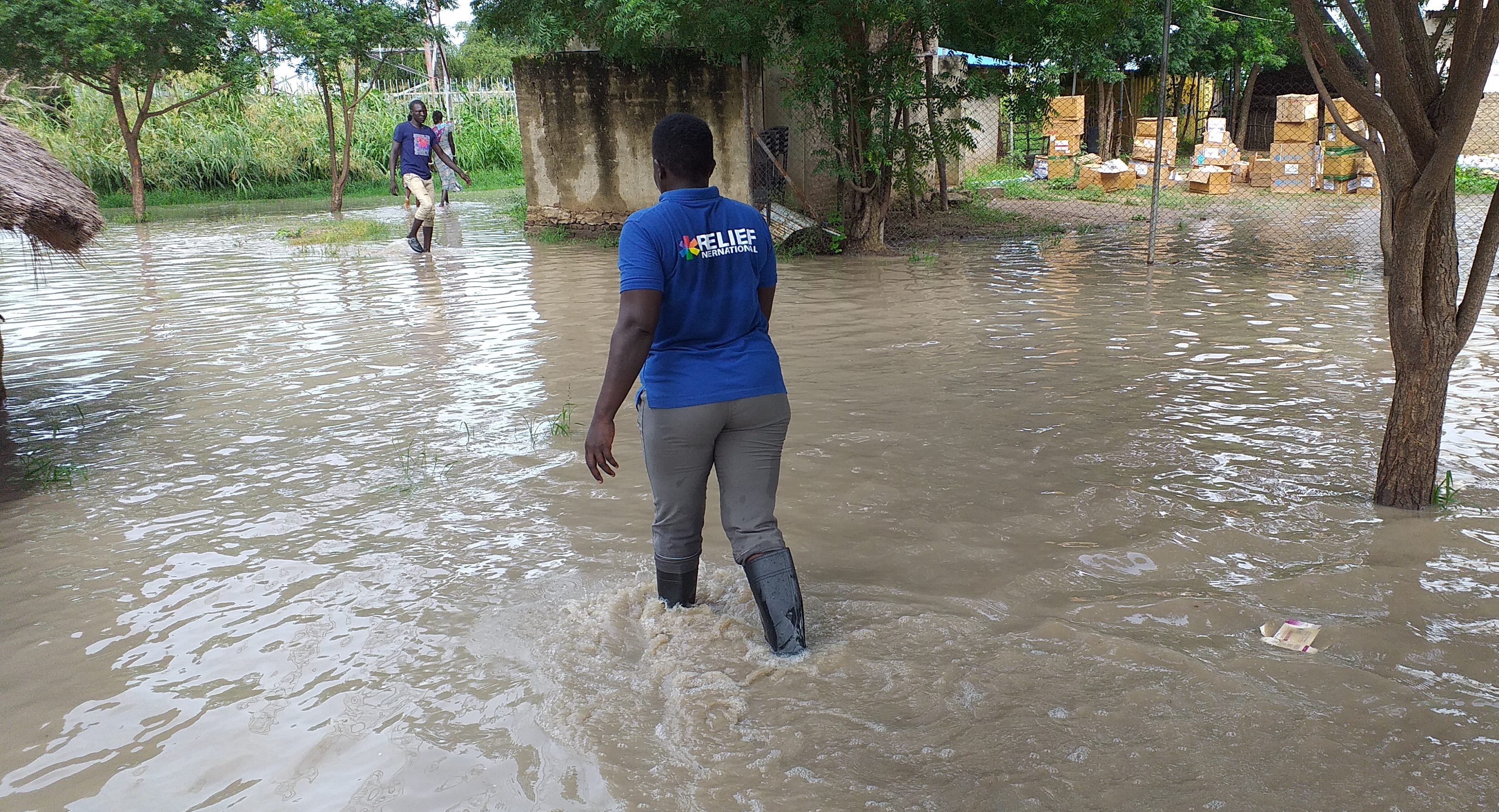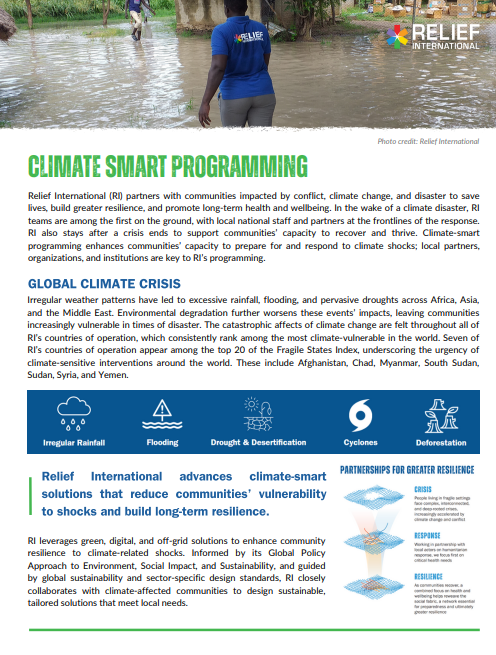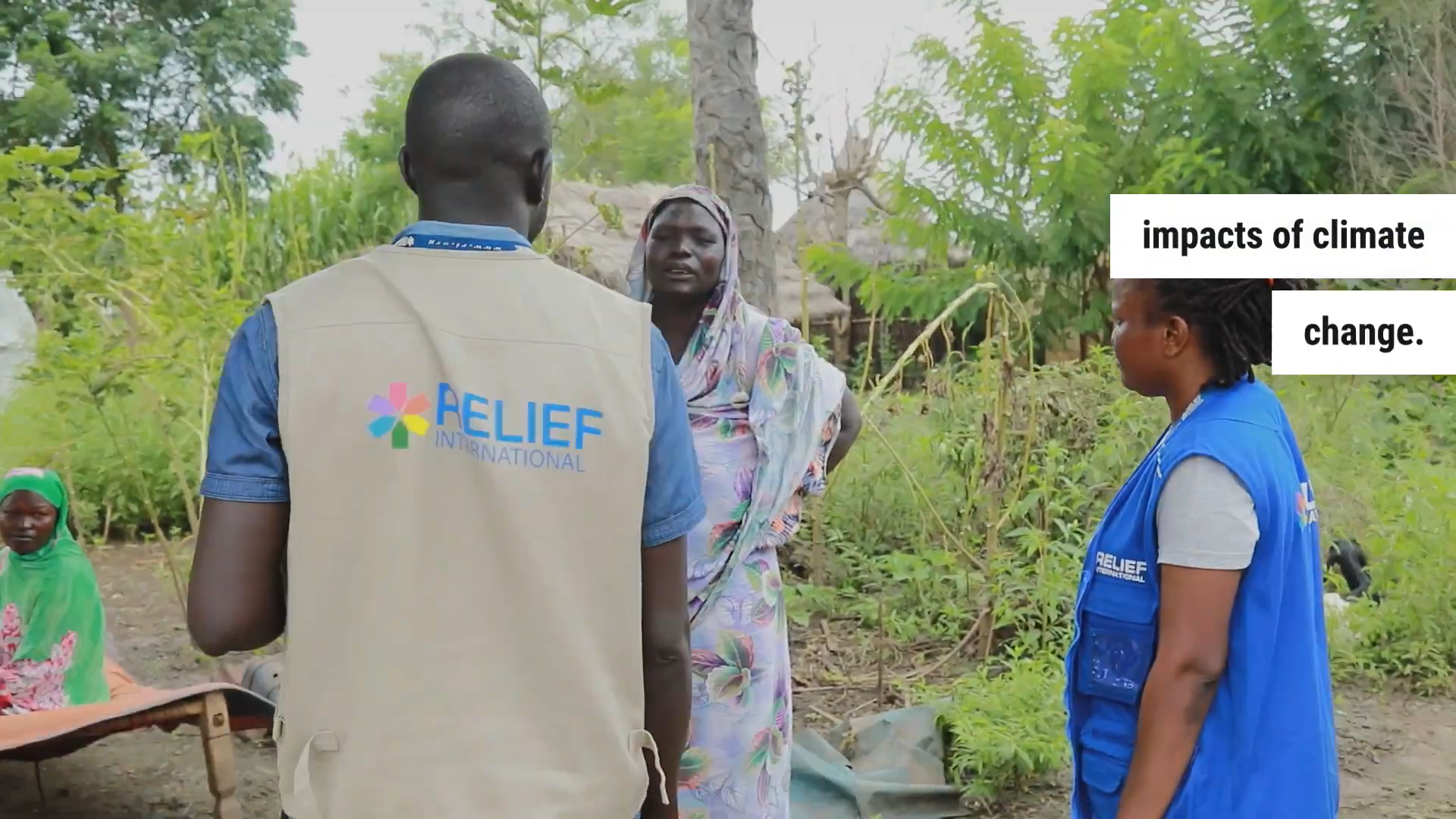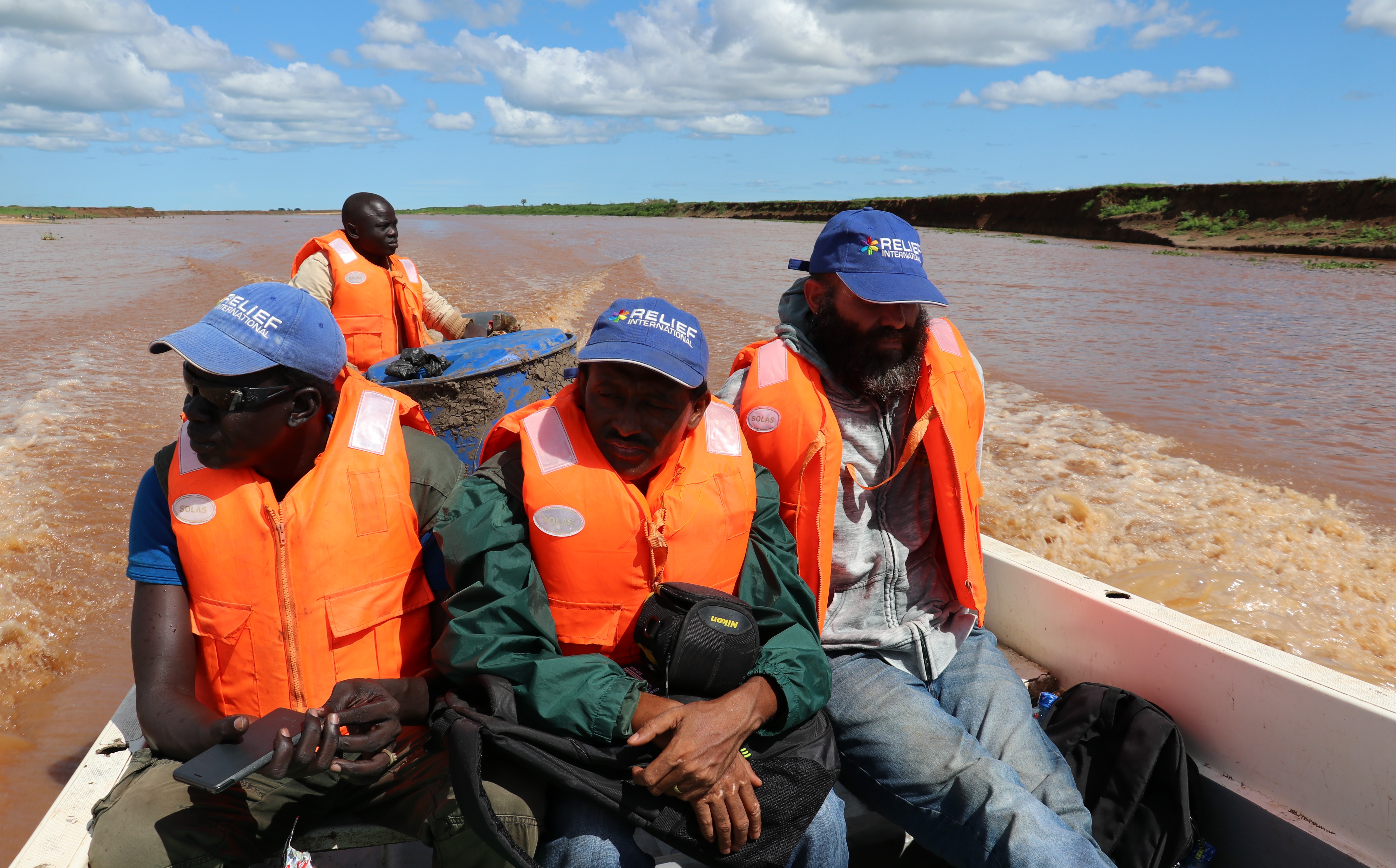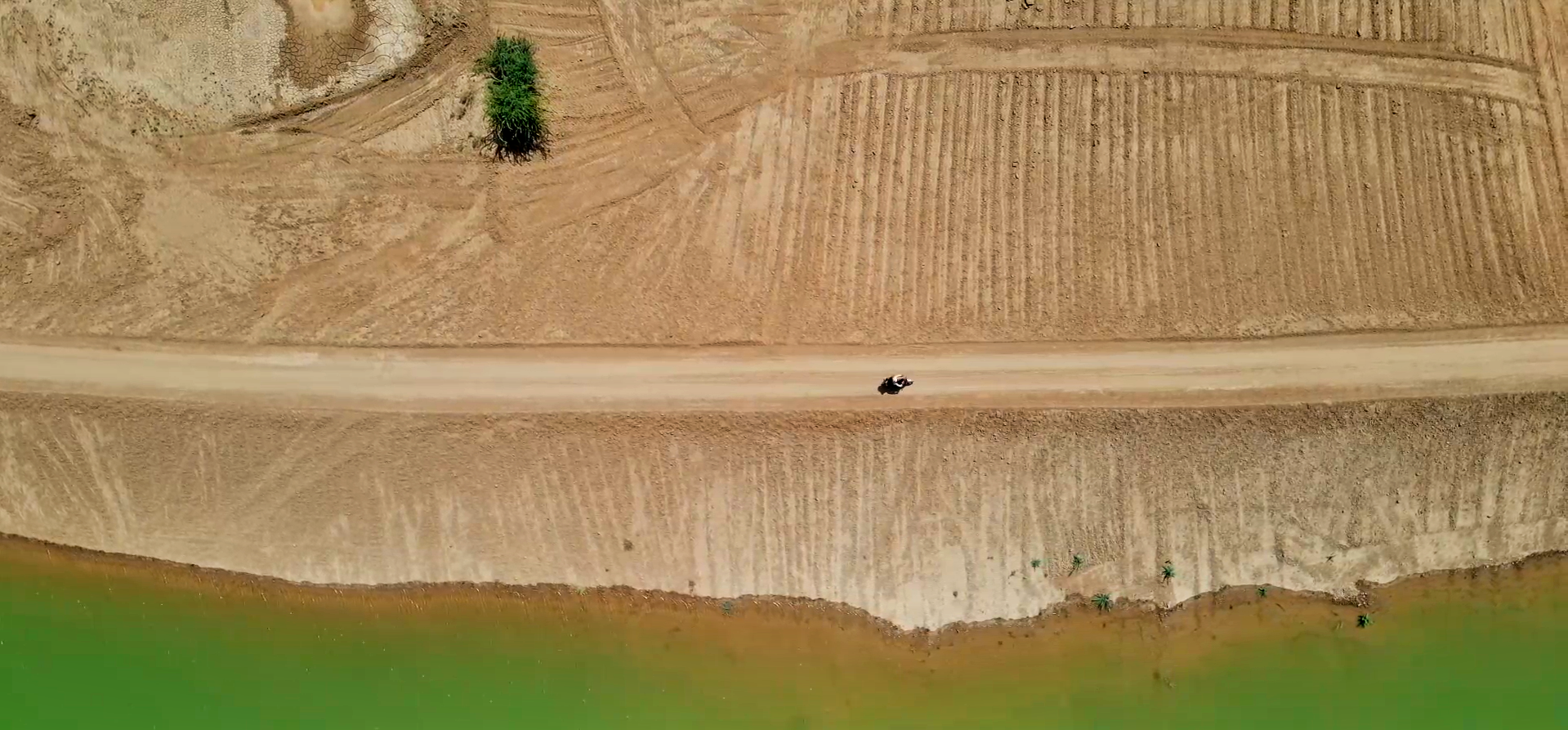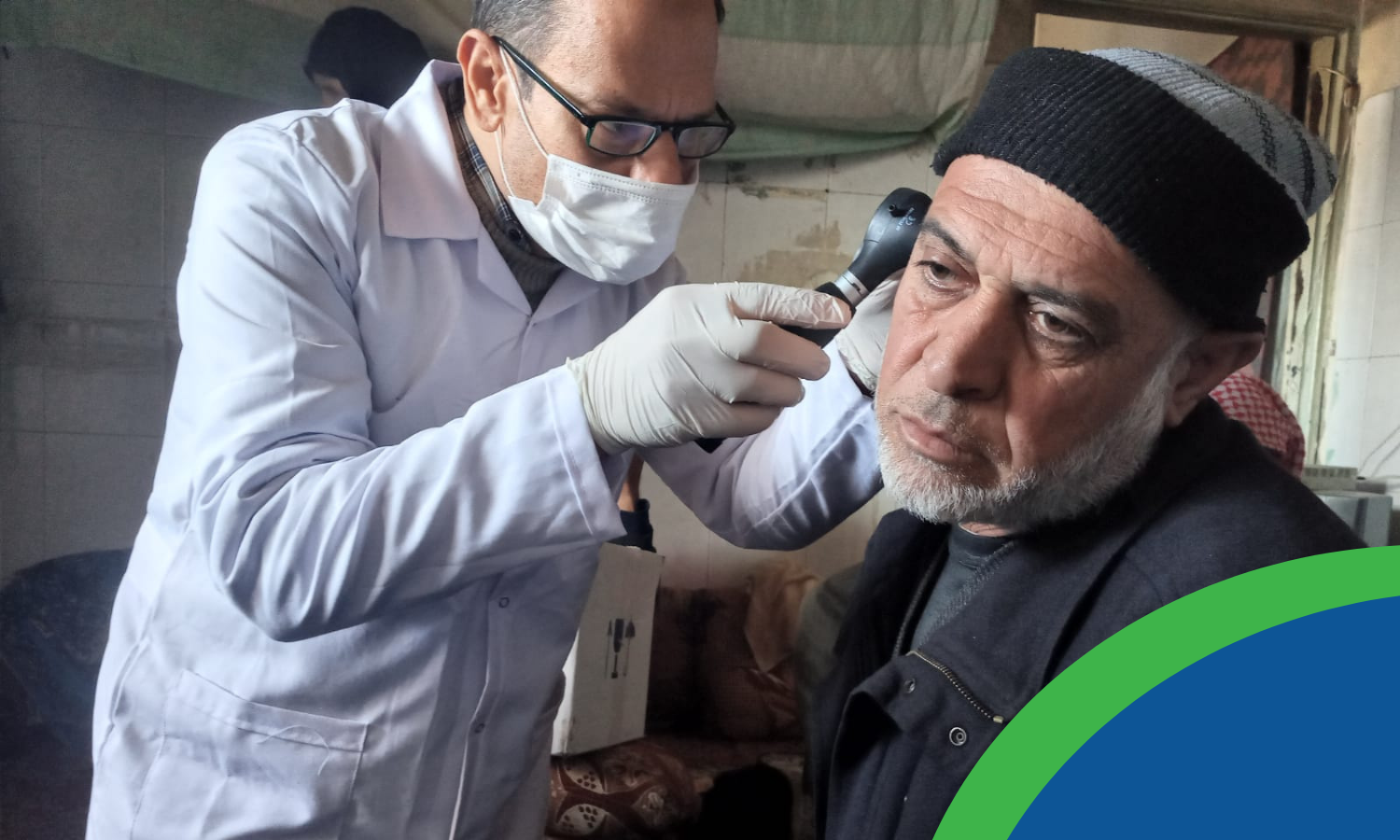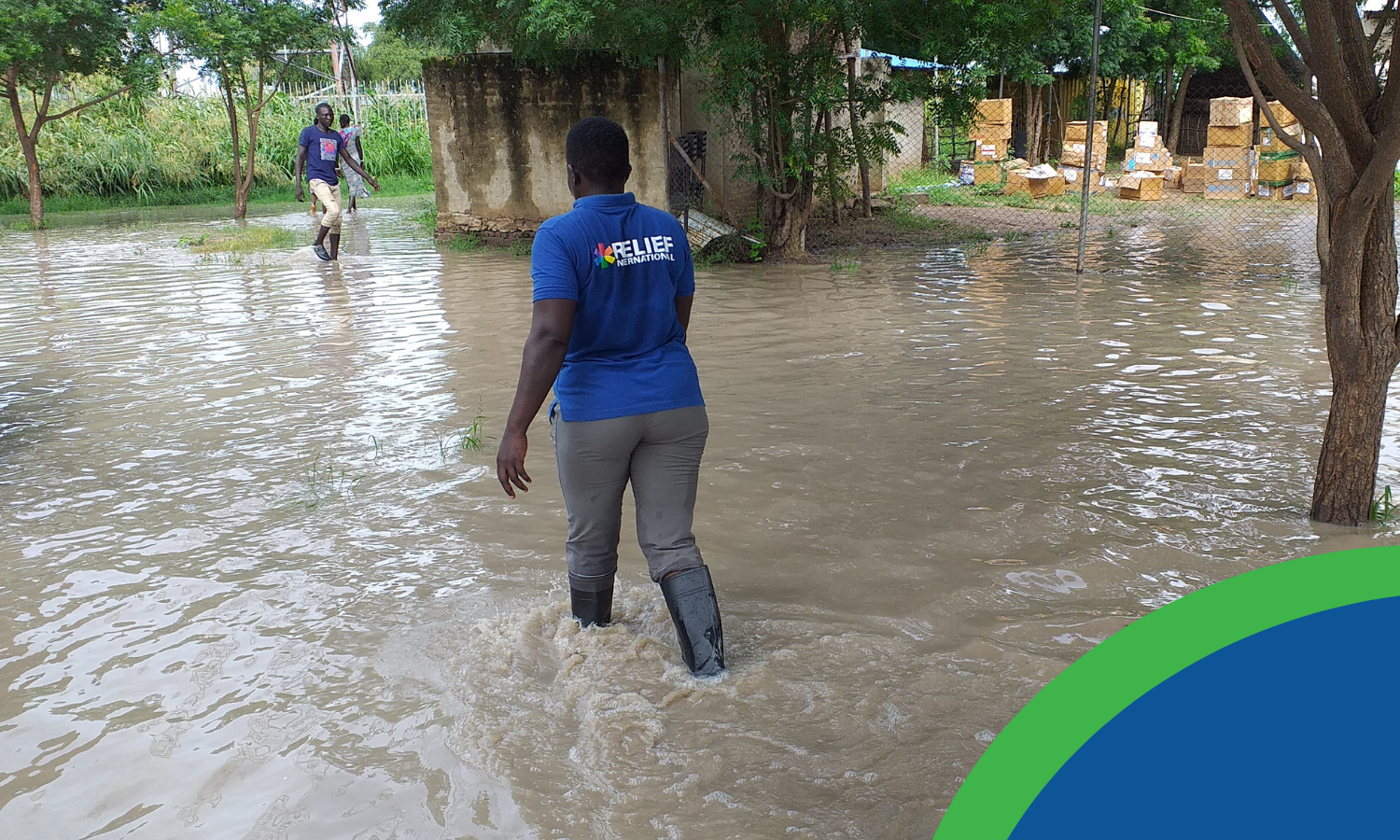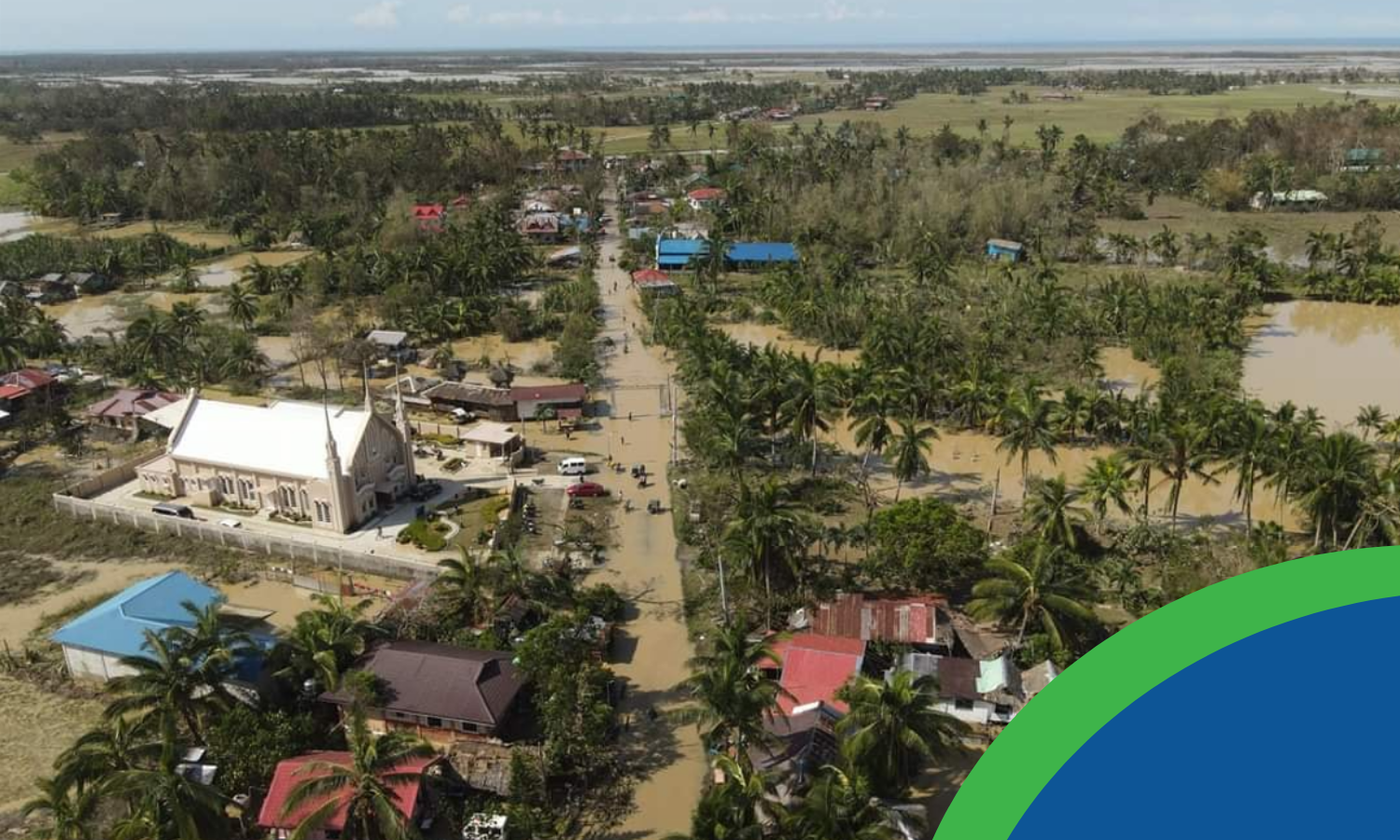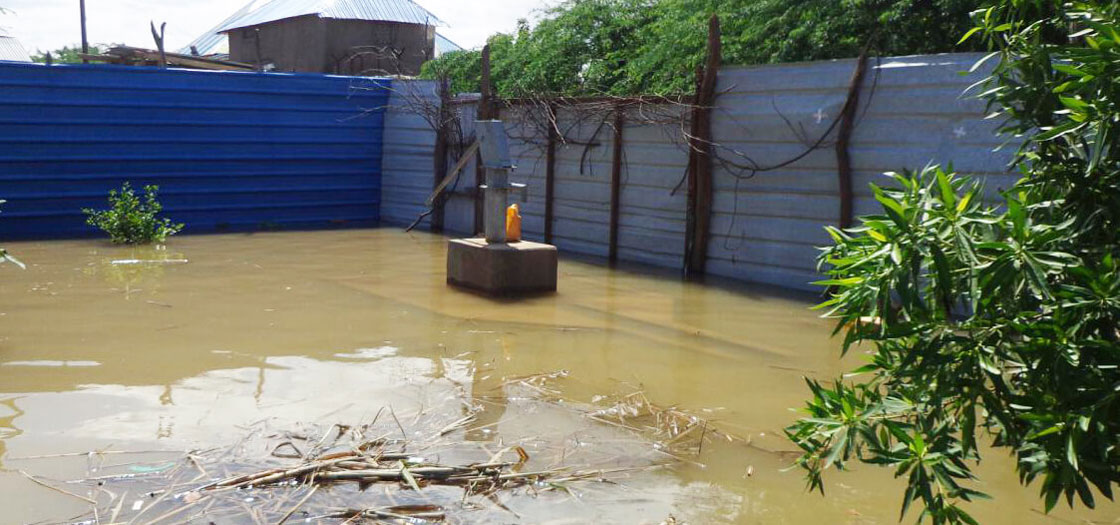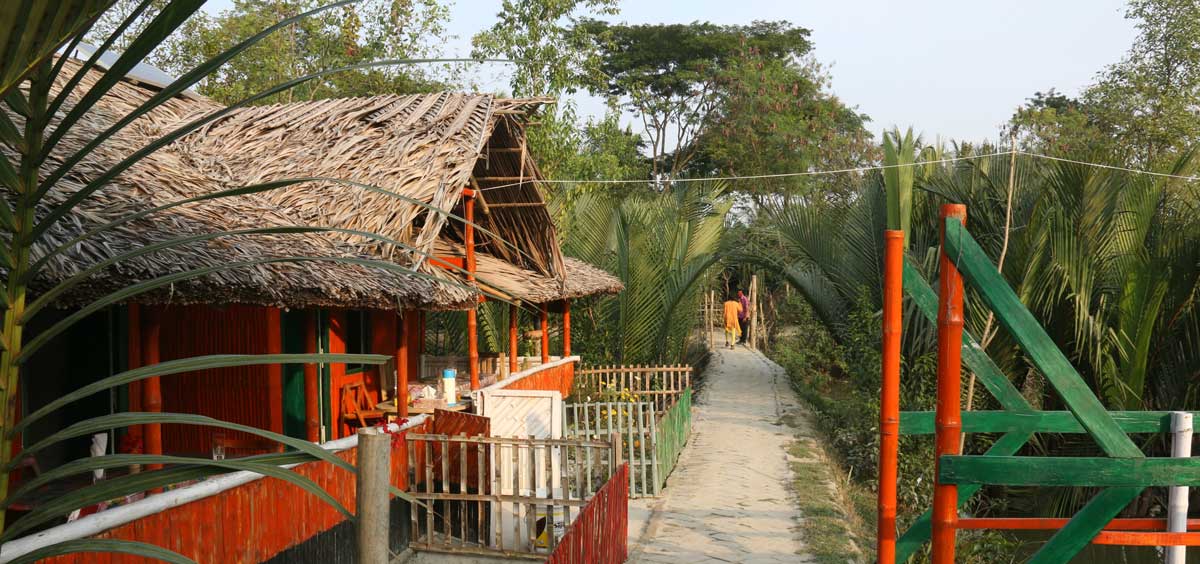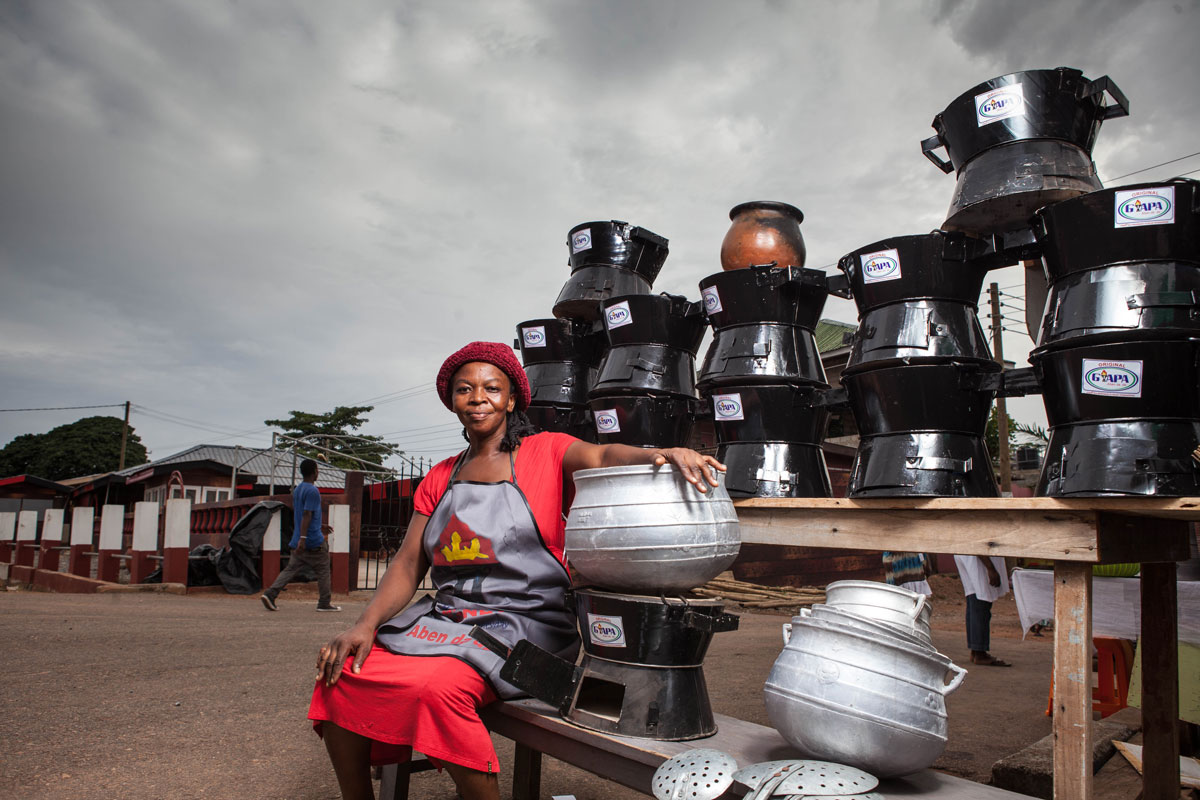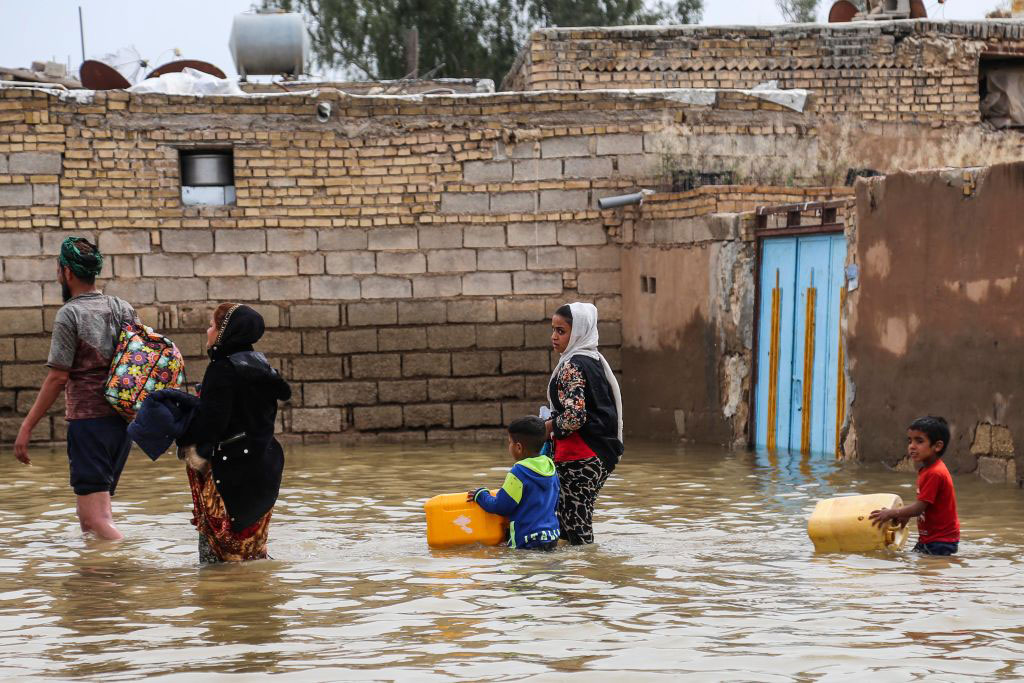Extreme weather events, fueled by climate change, are occurring with greater frequency and intensity than ever before.
Each destructive weather event has devastating consequences on peoples’ lives and livelihoods, particularly for those who live in the communities where Relief International works.
7 of RI’s countries of operation appear among the top 20 of the Fragile States Index, underscoring the urgency of climate-sensitive interventions around the world.
When crisis hits, Relief International teams are among the first responders on the ground, relying on our staff of local nationals and network of partner organizations to deliver critical aid to disaster-affected communities.
But our staff also stay after the crisis ends, working with climate-affected communities to help them recover, thrive and adapt to the changing reality of climate change.
We leverage green, digital, and off-grid solutions to develop long-lasting, climate-conscious programs that are tailored to the communities we work with, helping them enhance their capacity when responding to the challenging reality of a warming world.
In Syria, we installed a solar power system in a health facility in the north west of the country, reducing fuel requirements and ensuring a consistent availability of electricity. In Ghana, we’ve produced more than 1.9 million clean cookstoves to reduce the emission of green house gases. And in Pakistan we have helped develop flood diversion walls using indigenous building techniques in response to the devastating floods of 2022.
These programs represent only a fraction of our work to improve communities’ resilience in response to the pervasive effects of climate change.
